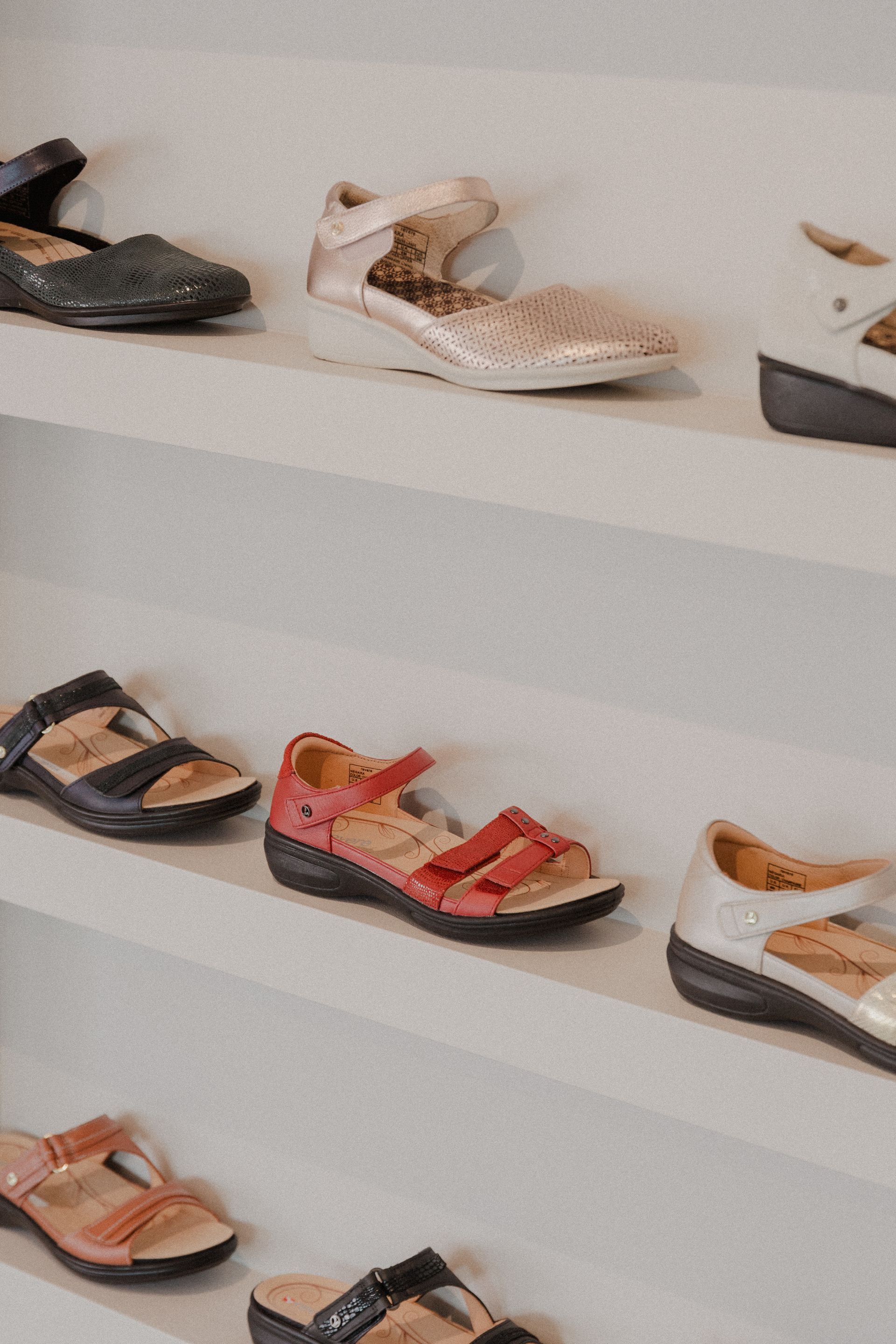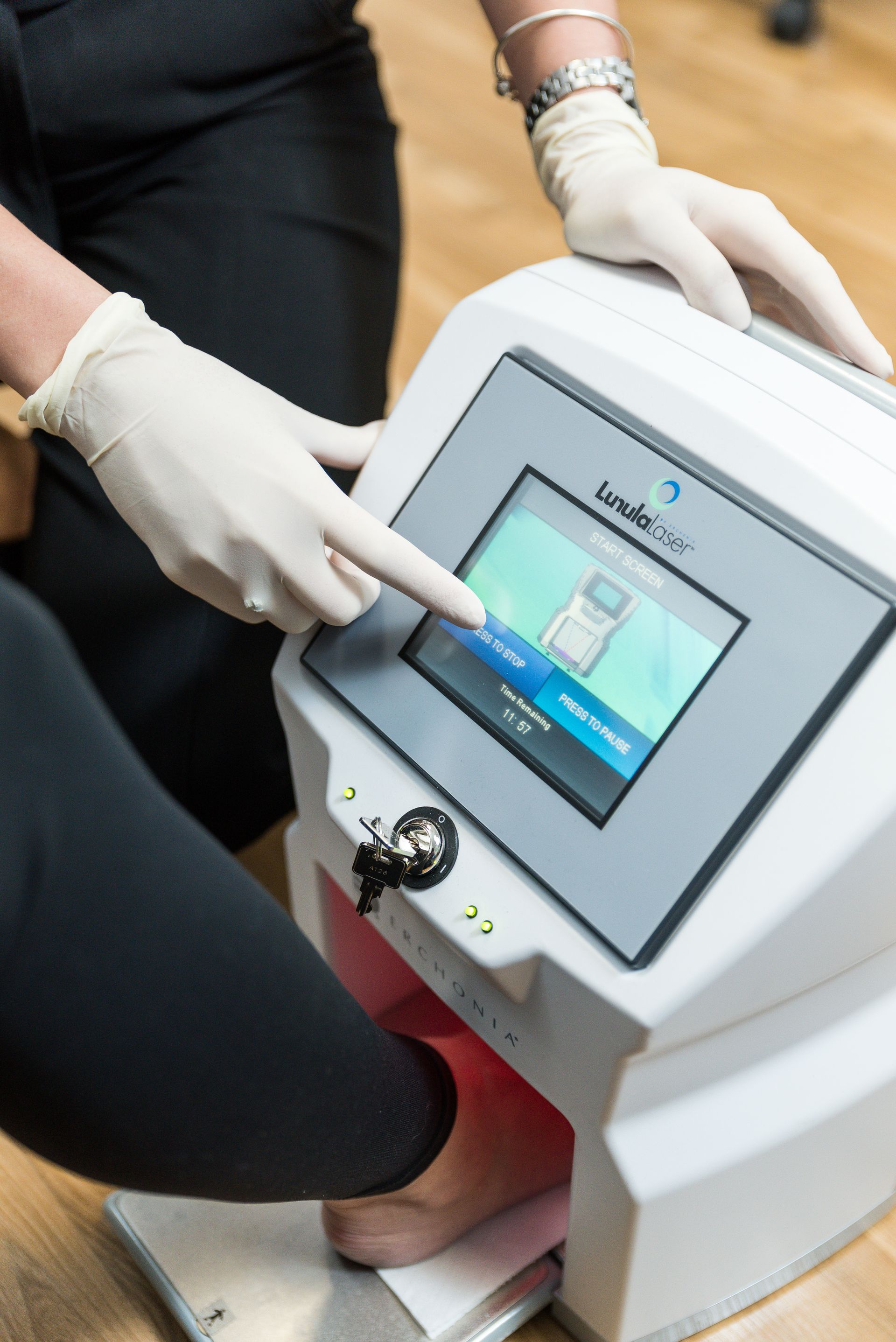Mum, my heels hurt! Heel pain in Children
Keeping your children’s feet happy and healthy is essential as we approach the cooler months. Whether your child is playing football, netball, soccer, or anything in between, ask if they are experiencing any heel pain. In young and active children, heel pain is very common, and it could be Sever’s disease (also known as ‘calcaneal apophysitis’). This condition results in painful heels, limping after exercise, and reduced participation. It is crucial to get on top of this pain quickly so your child doesn’t need to have extended time away from the sport they love.
What is Severs disease?
Between the ages of 8-14, children experience a significant period of growth. As your child grows, there is a soft piece of bone at the back of your heel called a growth plate. In very active and fast-growing children, the calf muscle can pull on this growth plate, causing pain in the back of the heel.
Your child may limp and complain of pain during or after activity. One or both feet may be affected.
Sever’s disease will resolve in 6-12 months in most cases; however, the pain can be severe, and seeking treatment is recommended to support the injured area and help with symptomatic relief throughout the fusion period.
How can your Podiatrist help?
- Orthotics – specialised insoles can help support and realign the lower limbs throughout this growth period. They aid in reducing pain and providing shock absorption so your child can continue to play the sport they love without pain.
- Strapping – specific strapping techniques can help reduce the stress placed on the heel when playing sport and allow for a longer time on the court or field.
- Stretching – a tailored stretching program can be prescribed to assist your muscles in growing without strain.
- Footwear advice – wearing the right shoe for the chosen sport is extremely important in supporting the feet.
If your child complains of persistent pain around the back of the heels, ensure to see one of the friendly faces at Sole Focus Podiatry so that we can help relieve your child’s heel pain.
This article was written by our Podiatrist, Sophie. To book an appointment with Sophie, click here.






